
- Article
- Article
The law of periodicity for menstruation
Dr Edward Clarke's Law of Periodicity claimed that females who were educated alongside their male peers were developing their minds at the expense of their reproductive organs.

- Article
- Article
Guerrilla public health
From safe-use guides to needle exchange schemes, Harry Shapiro reflects on 40 years of drug harm reduction in the UK.

- Interview
- Interview
How to design an HIV awareness campaign
Using carefully crafted, colourful graphics is one public health team’s creative approach.

- Article
- Article
Sex in graphic novels
Sex and sexuality have long been explored in the history of the graphic novel.

- Article
- Article
The meanings of hurt
In the early modern period, gruesome incidents of self-castration and other types of self-injury garnished the literature of the time. Alanna Skuse explores the messages these wounds conveyed.

- Article
- Article
Louis Wain’s cryptic cats
Once famous for his quirky cat illustrations, today Louis Wain is often portrayed as a ‘psychotic’ artist whose illness can be mapped out through his drawings. Here Bryony Benge-Abbott takes a more rounded view.

- Long read
- Long read
Our complicated love affair with light
Sunlight is essential, but our relationship with artificial light is less clear cut. It expands what’s possible; it also obscures and polices. In this long read, Lauren Collee pits light against night, and reveals the shady places in between.

- Article
- Article
The prostitute whose pox inspired feminists
Fitzrovia, 1875. A woman recorded only as A.G. enters hospital and is diagnosed with syphilis.
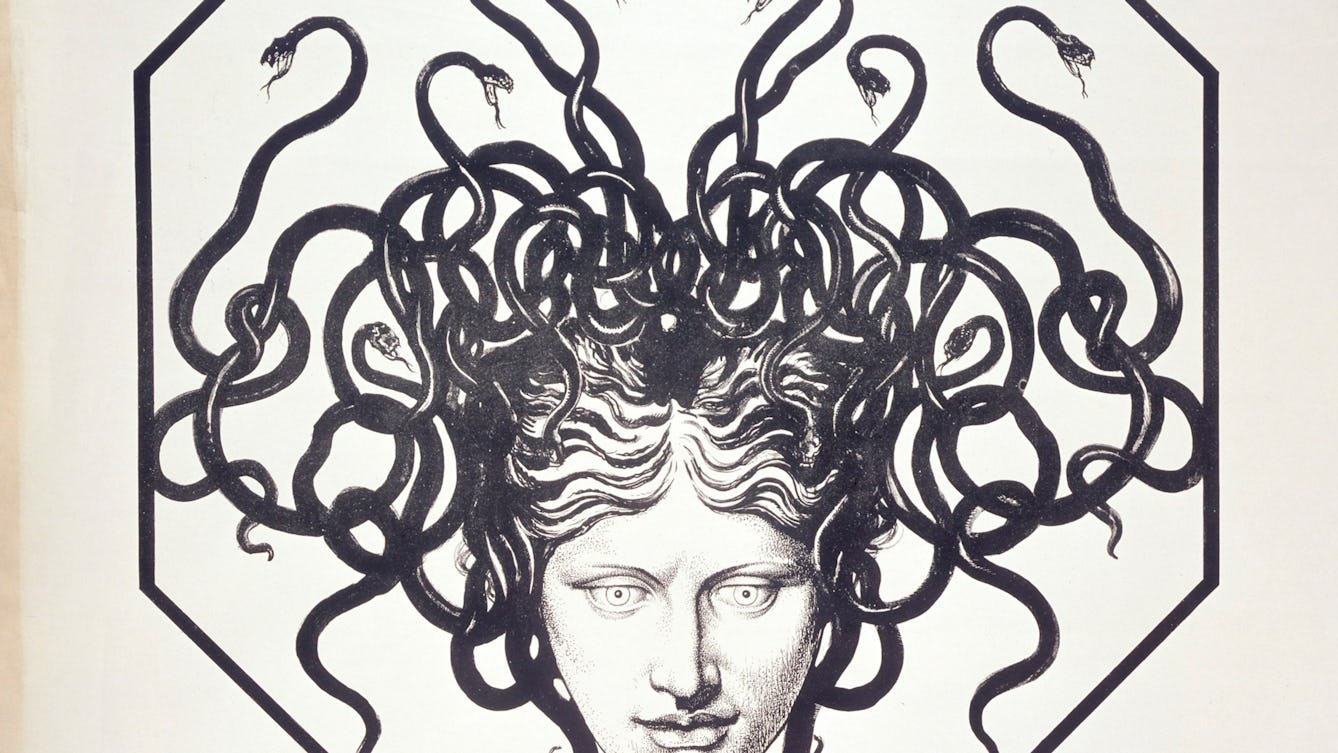
- Article
- Article
Tragic artists and their all-consuming passions
Does having a debilitating disease help or hinder creative genius?

- Article
- Article
When monarchs healed the sick
Our current Queen fortunately doesn’t have to spend hours laying hands on the sick to cure them. But it was a different story for monarchs of the early modern era, whose touch was a sought-after treatment for scrofula.

- Article
- Article
The metamorphosis of masturbation
Throughout history, medics and campaigners have tried to stamp out masturbation – but is modern science transforming its reputation?
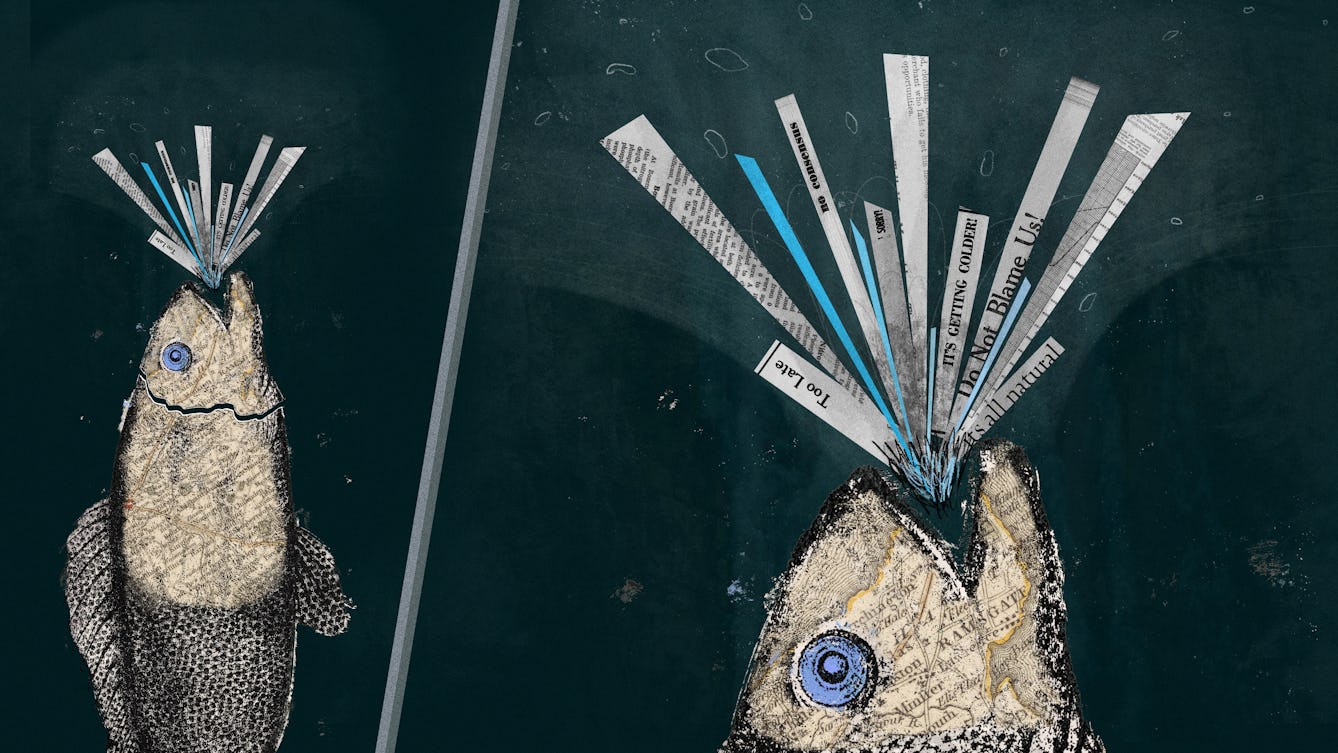
- Article
- Article
Coasting to catastrophe
In climate change, everything – and everyone – is connected. The watery process that will gradually cut off the Isle of Thanet from the British mainland has begun, and everyone in the UK needs to pay attention.

- Article
- Article
Celebrating our soft toys
After cuddling a teddy bear cured her insomnia, Elspeth Wilson was inspired to speak to four other autistic and disabled adults, who praise the roles soft toys play in their lives.

- Article
- Article
The meaning of trauma is wound
Daisy Johnson recalls her difficult journey to being diagnosed with vaginismus, and why women are so good at turning bad things into a joke.

- Article
- Article
Heating up and drying out
Menopause doesn’t have to signify old age, but when your body feels like it’s letting you down, it’s hard not to believe that your useful life may be over.
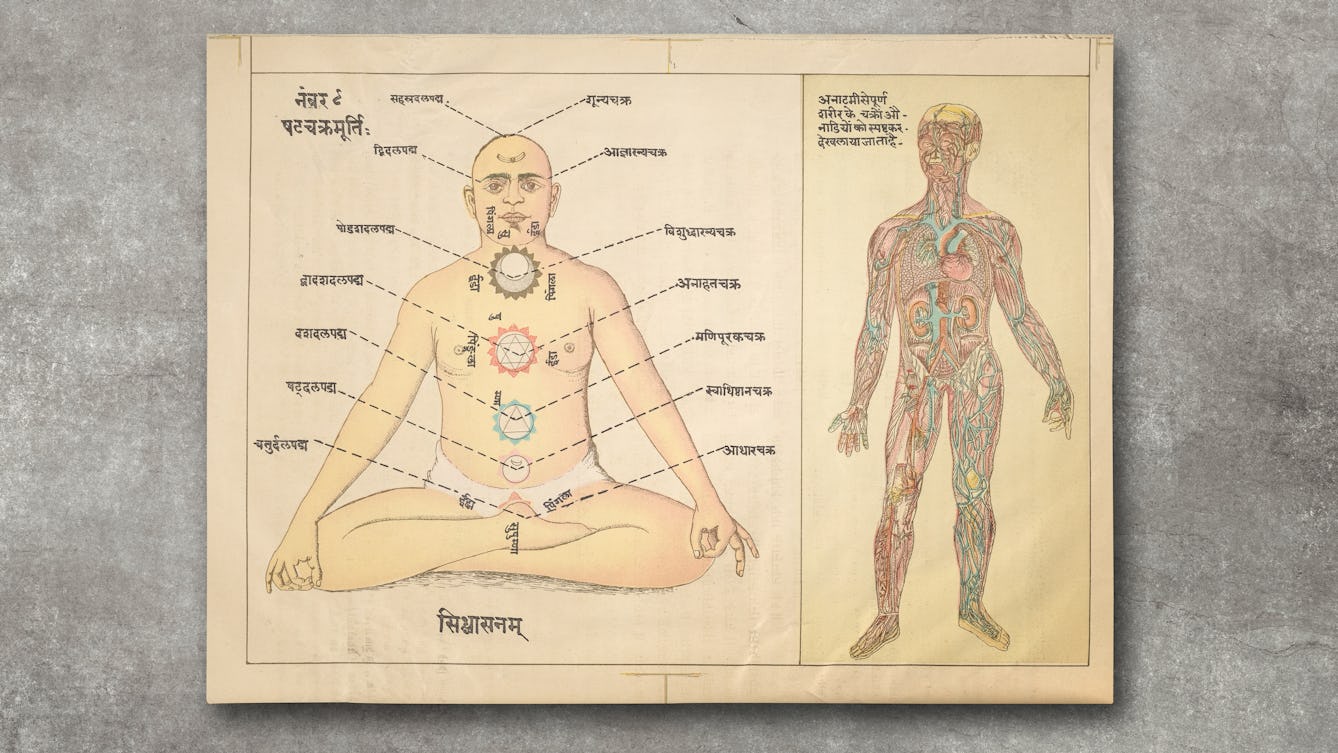
- Article
- Article
The healing power of breathing
The healing powers of different breathing methods are said to help with a range of health challenges, from asthma to PTSD. Effie Webb traces their spiritual origins and explores the modern proliferation of breathwork therapies.
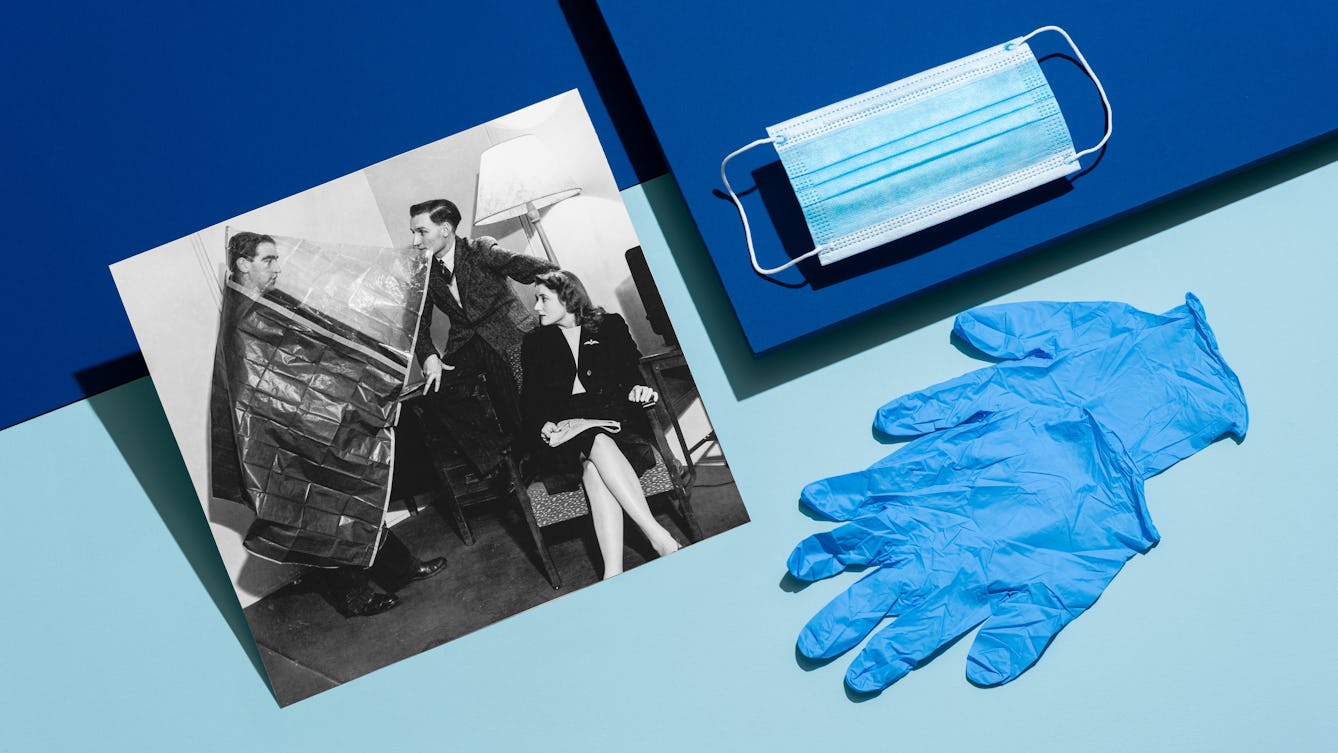
- Article
- Article
Remote romance and the common cold
Getting creatively romantic due to a virus sounds all too contemporary, but our archives show what socially distanced seduction looked like seven decades ago.
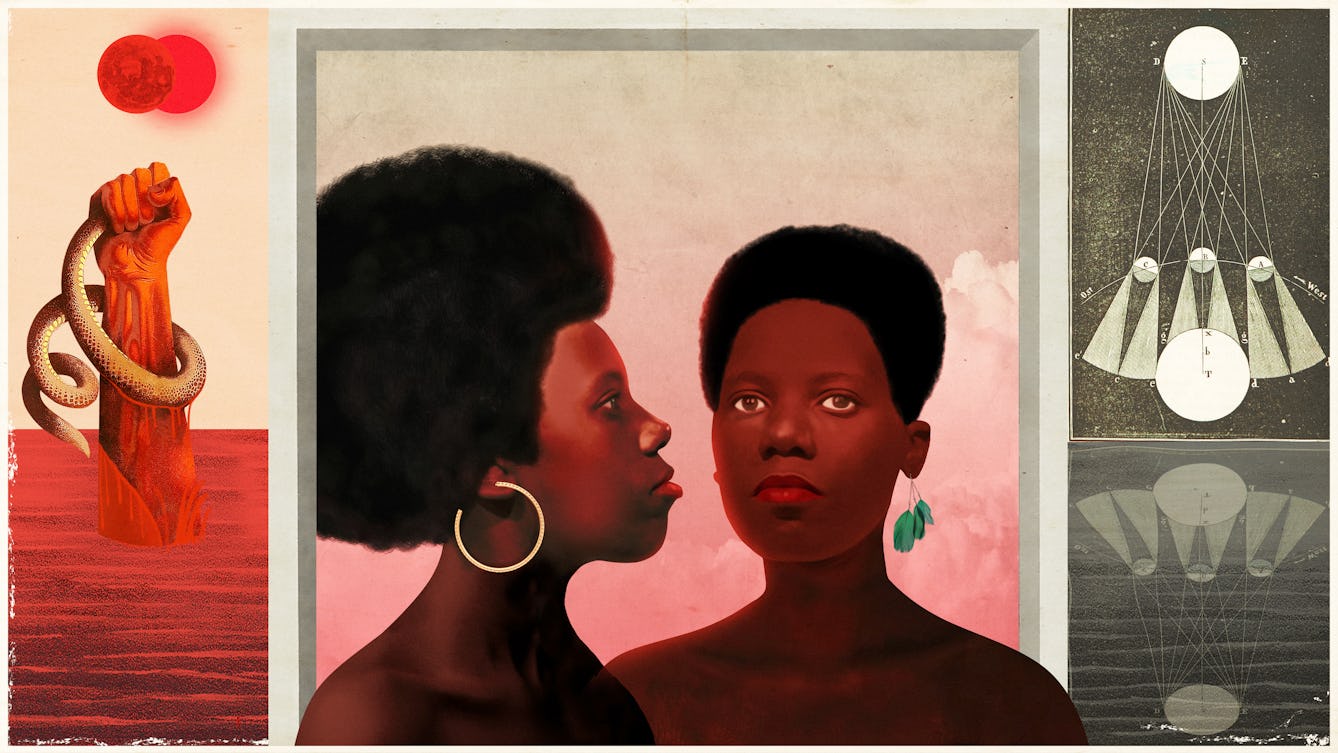
- Article
- Article
This is a MOOD
Adults might sometimes dismiss teenagers’ ‘moodiness’, but adolescence is a time of complex shifts in brain and body, which are intricately bound up with fluctuating feelings.
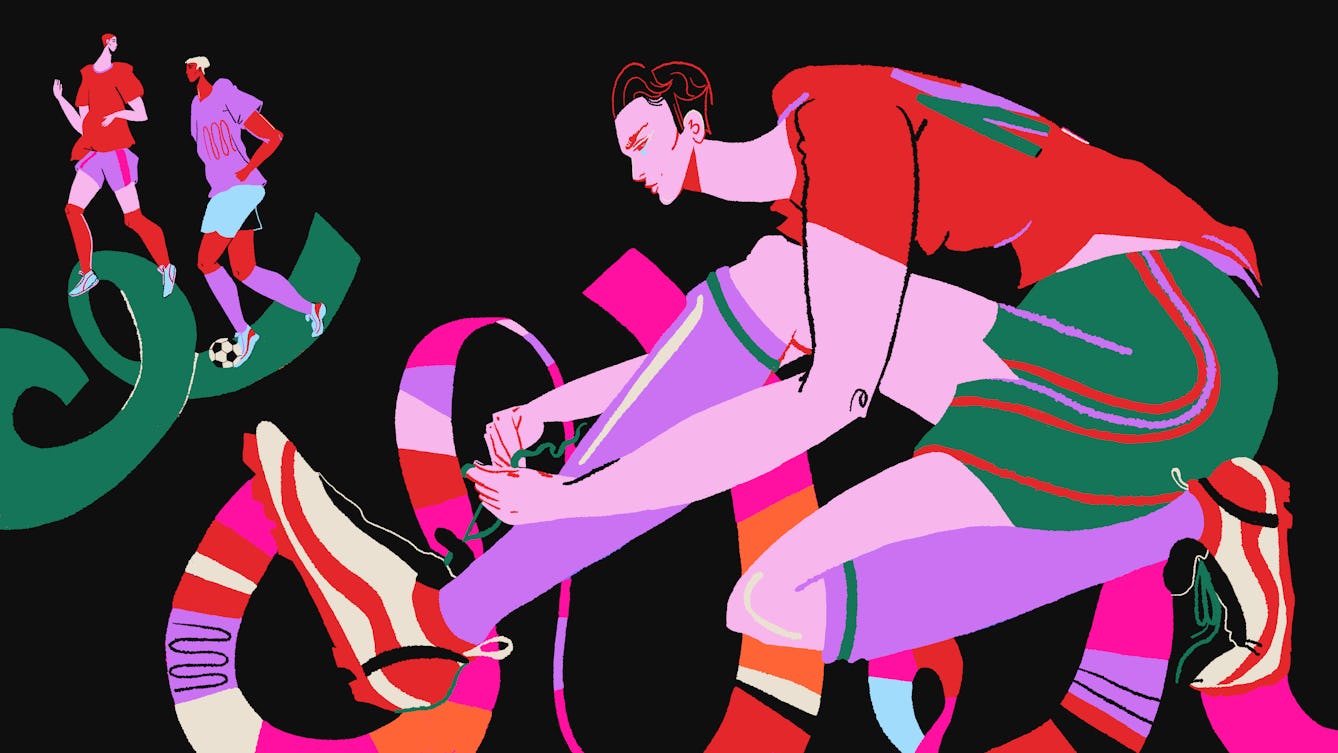
- Article
- Article
Rediscovering a love of the game
Sexism and homophobia in football prompted Lara Goodwin to stop playing the sport at 19. Today, while discrimination in the game is still rife, Lara has found hope – and like-minded players – in an inclusive east London club.

- Article
- Article
Ways appear
While his sense of body shame meant the personal side of his life was unfulfilled, Chris’s career was rewarding. His own childhood experiences gave him profound empathy for the children he worked with.

- Article
- Article
It’s getting mighty crowded
Mid-20th-century population-density research on mice produced a whiskered apocalypse, predicted to become the fate of humans too. But perhaps a more compassionate approach could fend this off.

- Article
- Article
Why the 1918 Spanish flu defied both memory and imagination
The Black Death, AIDS and Ebola outbreaks are part of our collective cultural memory, but the Spanish flu outbreak has not been.
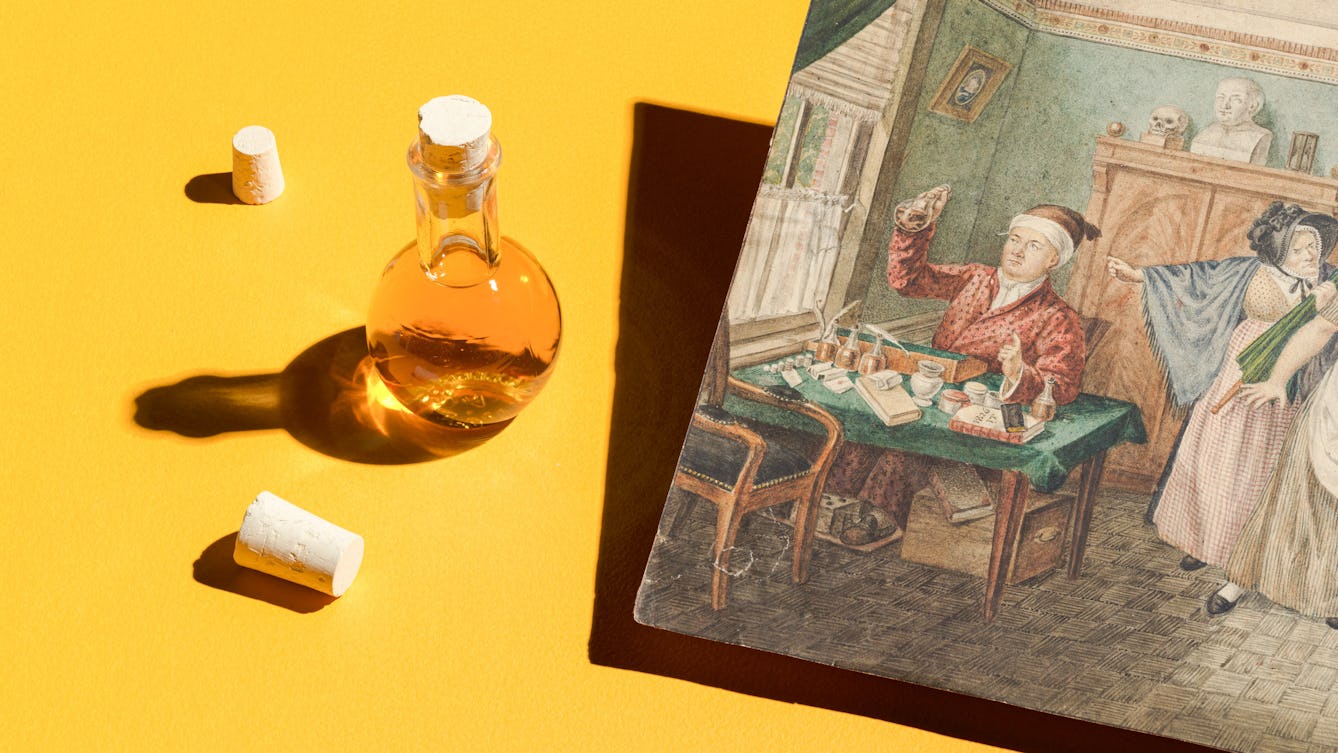
- Article
- Article
Remote diagnosis from wee to the Web
Medical practice might have moved on from when patients posted flasks of their urine for doctors to taste, but telehealth today keeps up the tradition of remote diagnosis – to our possible detriment.

- Article
- Article
Going viral in the online anti-vaccine wars
‘Anti-vaxxers’ are taking their message online using powerful images as well as words. But is the pro campaigners’ response any better?

- Book extract
- Book extract
The history of brainwashing
Is it possible to control what other people think? In this abridged extract from his book ‘Brainwashed’, psychoanalyst and historian Daniel Pick offers us a new history of thought control.